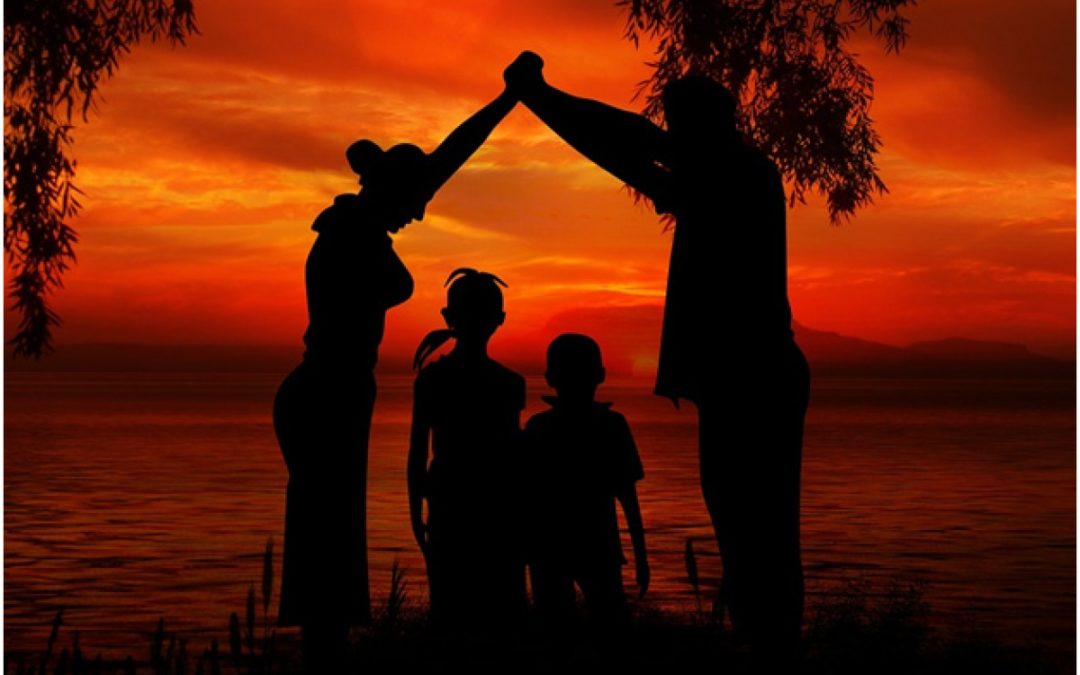Brittany is currently developing educational programs that promote safety, wellness and inclusion among youth in schools.
Pop-pop-pop. Gunshots crackle, echoing through the air. Hunkered in the corner, she pulls him closer into her chest, whispers “Hush, please don’t cry”. She covers his tiny mouth with her hand and holds her own breath. Silence. Then the sudden pitter-patter of feet against blood-stained pavement. Pop-pop-pop. Dead silence. It’s just the two of them now. She starts to tell him it will be okay but is interrupted by a kick at their wood framed door. Crack, crack, swing. She screams…
She screams and awakens herself from the dark shadows of her mind. Panting, she opens her eyes and looks around. It takes her a moment to find herself. Four walls, white board, desks. She’s in class. Then she notices the eyes of her peers looking judgingly upon her. The teacher, startled, asks if she’s okay. Embarrassed, she gets up and runs out of class.
Refugee youth are inherently subject to tremendous suffering, adversity, and psychological distress. Both the circumstances from which they have fled and/or the stressors they encounter during migration and resettlement pose significant risks to mental health and wellbeing. National crises, oppressive governments, and war are just some of the circumstances from which youth have been forced to flee their homes. Upon arriving in the host country, they may struggle to cope with the oppression, torment, loss, and suffering they experienced in their home country. buy sibutramine diet pills onlineThey may have lost family and friends or have been forced to engage in violent or sexual conduct. They may have been abused or beaten, or suffered from illness or malnutrition. They may have endured dangerous travel conditions, spent time in hiding, or lived in refugee camps. And even upon arriving in the host country, they may be anxiously awaiting decisions about their residence status. All the while, the traumas of the past may haunt them and resurge unexpectedly in the form of flashbacks. As a result of the tremendous stress they have faced, research studies consistently find increased rates of mental health concerns among refugee youth as compared to the general population. Some of the most prevalent of these include anxiety, depression and Post Traumatic Stress Disorder.
In Canada, refugee youth represent one of the fastest growing segments of the population. In fact, in 2010, 52% of the refugees received into Canada were children under 15 years of age, and that number continues to grow. Although resettlement provides youth with protection and freedom from past afflictions, it also assumes an entirely new set of challenges. Having to learn a new language, adapt to a new culture, and establish new communities can be extremely difficult and overwhelming. Many refugee families struggle financially at first and may have difficulty getting their basic needs met. Refugee youth have the added stress of having to acclimatize to a new school environment. They may face difficulties with concentrating in class or adjusting to the structure and expectations of the school day.
With all the adversities refugee youth face, one of the greatest causes for concern is the unwelcoming attitudes of their peers. Sadly, discrimination and social exclusion on the basis of race, culture, ethnicity, physical appearance, and perceived mental health issues are still pervasive issues for refugee youth in Canada. Youth who are bullied or feel judged or ostracized by their peers are more likely to suffer from depression, anxiety, and even trauma. Although we cannot change the pre-migration events that refugee youth have already faced, we can alter post-migration factors, including negative peer interactions, that may contribute to or protect against mental health concerns. Community agencies and youth network organizations are important non-clinical spaces for addressing these concerns and promoting positive peer interactions.
Community agencies are some of the first and most influential service systems that refugee youth come into contact with after resettlement. As such, they have an important responsibility to provide individuals with access to basic necessities, a sense of safety and security, and opportunities to integrate and thrive. Community organizations are also essential for nurturing positive peer relationships and offering youth a welcoming and supportive social network. For youth in particular, social acceptance and peer belonging are critical to integration, positive mental health, and wellbeing. Positive peer relationships can improve self-esteem, social adjustment, and a sense of belonging. They can also lead to fewer mental health problems and can serve as a protective function to mental health and wellbeing.
Community agencies and youth organizations must acknowledge the critical role that peer relationships play in newcomer integration and wellbeing. We must realize that more must be done at the peer level to promote optimal resettlement conditions and positive mental health for refugee youth. We must not only support the individual mental health of refugee youth, but we must help nurture compassion and inclusion among their peers. We must encourage youth to recognize the possibility of each other’s experiences and to embrace each other’s differences. We must provide opportunities for experiences to be shared and friendship to be built and nurtured. Youth must not judge one another, but anchor themselves to that which connects us all—our humanity. Fostering positive peer relationships leads to a greater sense of trust, acceptance, inclusion, compassion, tolerance, and support. These conditions are healthful for all individuals, but can prove to be particularly nurturing to refugees. These efforts are a social responsibility. Let’s empower youth to be the greatest proponents of each other’s wellbeing. Let’s encourage youth to connect and to create powerful social change.






